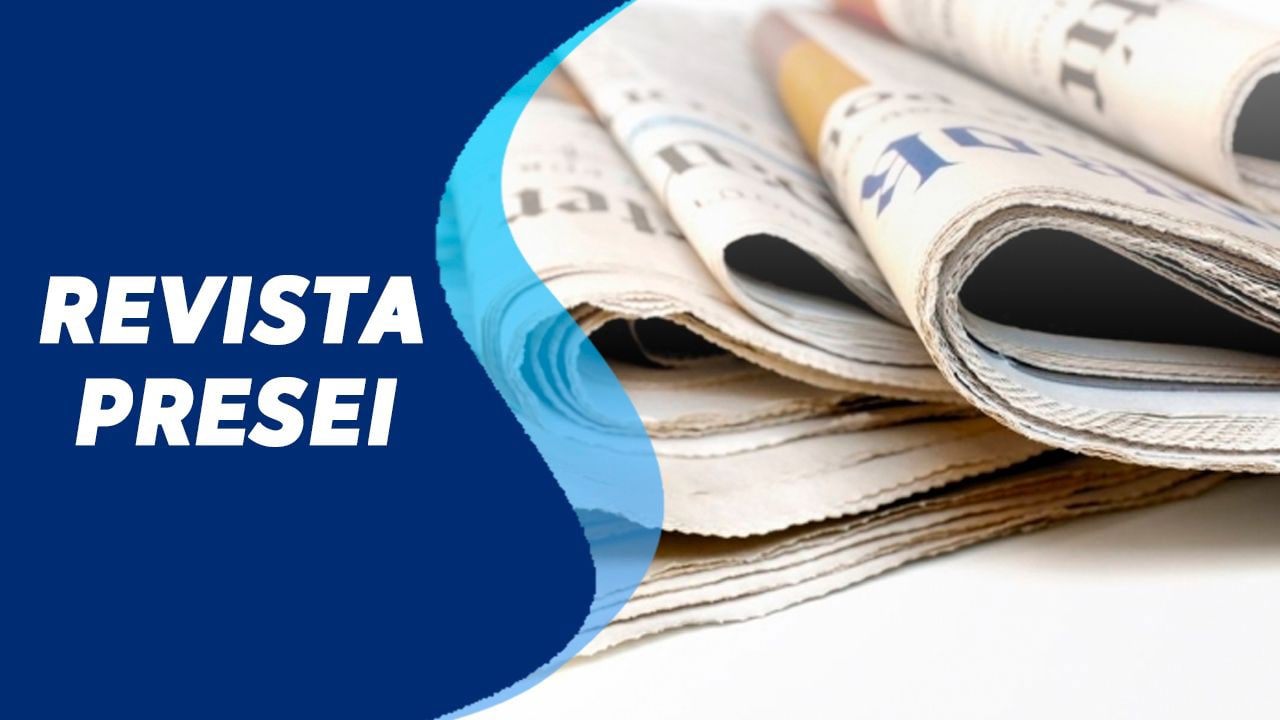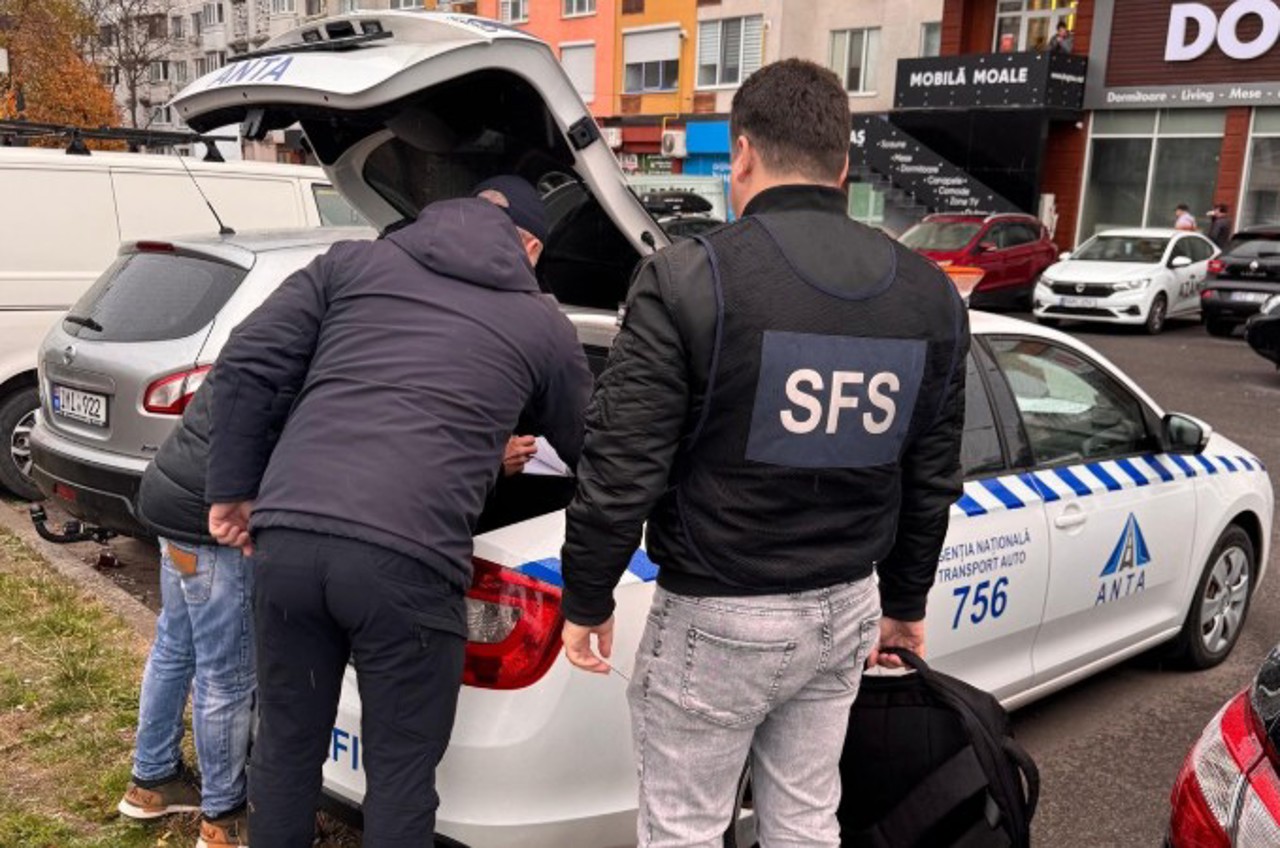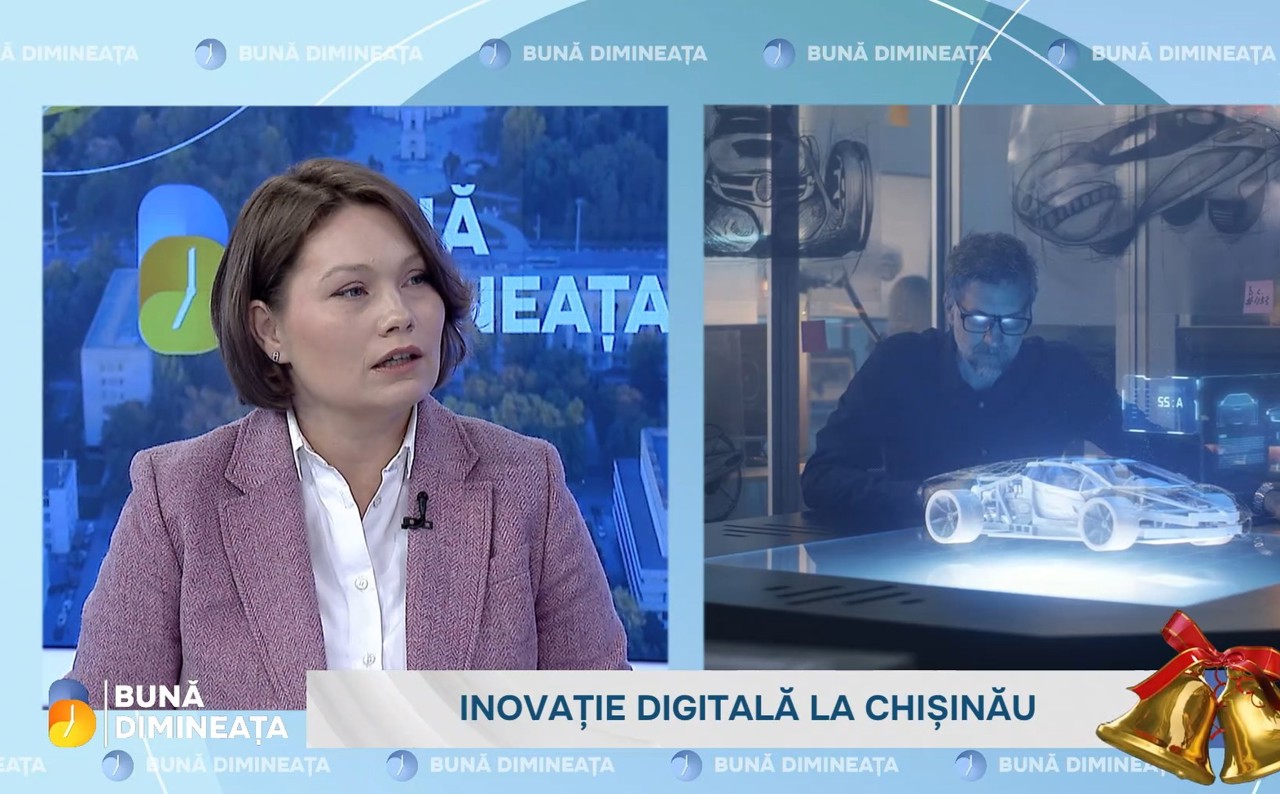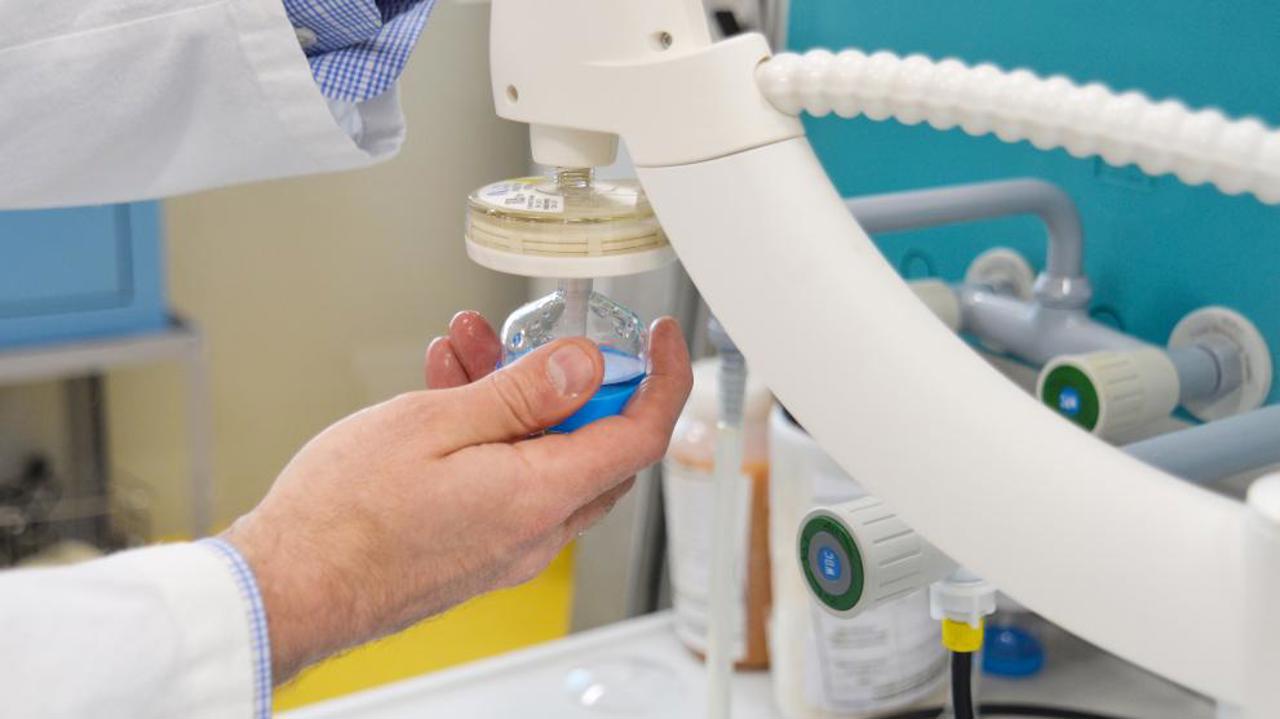Geopolitical stakes high: Expert views on Moldova's presidential elections
In a review of the press, Alla Ceapai delves into scenarios and forecasts for the upcoming presidential elections, with a particular focus on the activation of the Transnistrian region.

Analysing the political landscape on TVR Moldova, Mihai Mogîldea anticipates the consolidation of the entire pro-Russian or anti-European opposition around a single candidate. This candidate is expected to receive substantial financial support, campaign investments, and attempts to corrupt voters. Mogîldea acknowledges the challenge posed by the consolidated pro-Russian electorate of around 30%, suggesting the rival to the current president will likely adopt a strategy aimed at creating confusion among voters, possibly incorporating a centrist and occasionally pro-European discourse.
Nicolae Negru, an editorialist for Ziarul Național, underscores the geopolitical significance of this year's presidential elections. He emphasises Putin's interest in securing a victory to demonstrate Russia's influence in the post-Soviet space. Negru speculates on potential strategies, including the formation of a broad anti-Maia Sandu coalition by the FSB if the current president's rival gains traction. Meanwhile, Western countries, especially Romania and Ukraine, are expected to support pro-European forces. However, Maia Sandu has yet to take steps in this direction.
Addressing the activation of the Transnistrian region, defence expert Andrei Curăraru, quoted by Radio Chișinău, identifies economic interests, particularly related to the Sheriff clan, and the initiation of schemes in the context of the European integration referendum and presidential elections. The security narrative will dominate in the coming period, with preparations needed to counter potential incidents and cyber attacks affecting the election process.
In an interview on ProTV Chișinău, WatchDog community expert Valeriu Pașa discusses the tensions between Chișinău and Tiraspol regarding the new Customs Code. He highlights Moscow's interests in gaining control in Chișinău and predicts that the real battle will be for the 2025 parliamentary elections, with the current developments serving as a prelude.
TV8 features politician Anatolii Dirun from Tiraspol, noting the lack of communication between Chișinău and Tiraspol regarding the new Customs Code, leading to dissatisfaction in Transnistria. Dirun criticises Chișinău's approach, claiming that changes to the Customs Code are an economic pressure tool on the separatist region.
Regarding the recent protests at the illegal crossing point in Bender, the Security Zone discovers connections between the key figures and the "Transnistrian People's Forum," led by Vadim Krasnoselski, the leader of the Transnistrian administration. The protest, initially portrayed as a civil society outcry, is exposed as an imitation of a civic initiative tied to the interests of the Transnistrian administration.
Europa Liberă (Free Europe) reports that the Russian Federation has requested the Moldovan government's permission to hold Russian presidential elections on Moldovan territory in March. The response is pending, with potential implications given the geopolitical context. The elections would be the first Russian vote held in Moldova since Russia's invasion of Ukraine in 2022.
In an interview on TVR Moldova, Minister of Energy Victor Parlicov discusses the importance of enhancing the capacity of the Iași-Ungheni-Chișinău gas pipeline. This expansion would increase Moldova's energy resilience and allow gas transportation between Romania and Ukraine, making Moldova a regional player.
TV8 reveals that multiple ongoing criminal cases involving former and current deputies are in the prosecution phase. Investigations focus on allegations of illicit enrichment, with the cases related to bank fraud, the airport project, and illegal party financing. Requests for lifting parliamentary immunity have been sent for deputies involved in these cases.
Justice Minister Veronica Mihailov-Moraru emphasises the need for progress in the revision of the judicial map to ensure efficient access to justice and optimal solutions. Reorganising the judiciary is crucial in the context of justice reform and Moldova's European path.
Europa Liberă (Free Europe) informs about changes in the energy vulnerability category for some consumers, with the Ministry of Labor and Social Protection explaining the process. The revision aims to ensure fair compensation distribution, and data provided by applicants are cross-checked with multiple databases.
Deschide.md reports that over 70% of foreigners applying for Moldovan citizenship in the last two years are from Russia, and approximately 20% are from Ukraine. The geopolitical situation, influenced by Russia's aggression against Ukraine, has driven an increase in citizenship applications, particularly from Russian and Ukrainian citizens.
TV Nord from Bălți highlights the alarming trend of Moldovans allocating 42% of their monthly income for food purchases and wasting food worth at least 12 billion lei in 2023. Residents point to bread and dairy as the most commonly discarded items. Nutrition specialist Corina Dascalu recommends menu planning and rational grocery shopping to avoid food waste and excess consumption.
Translation by Iurie Tataru




